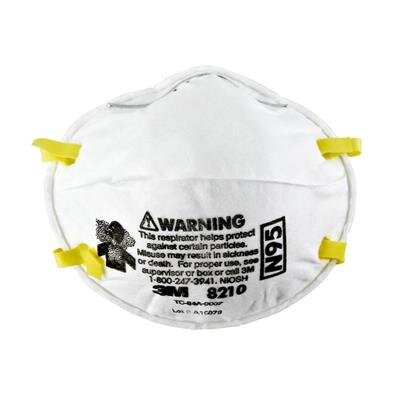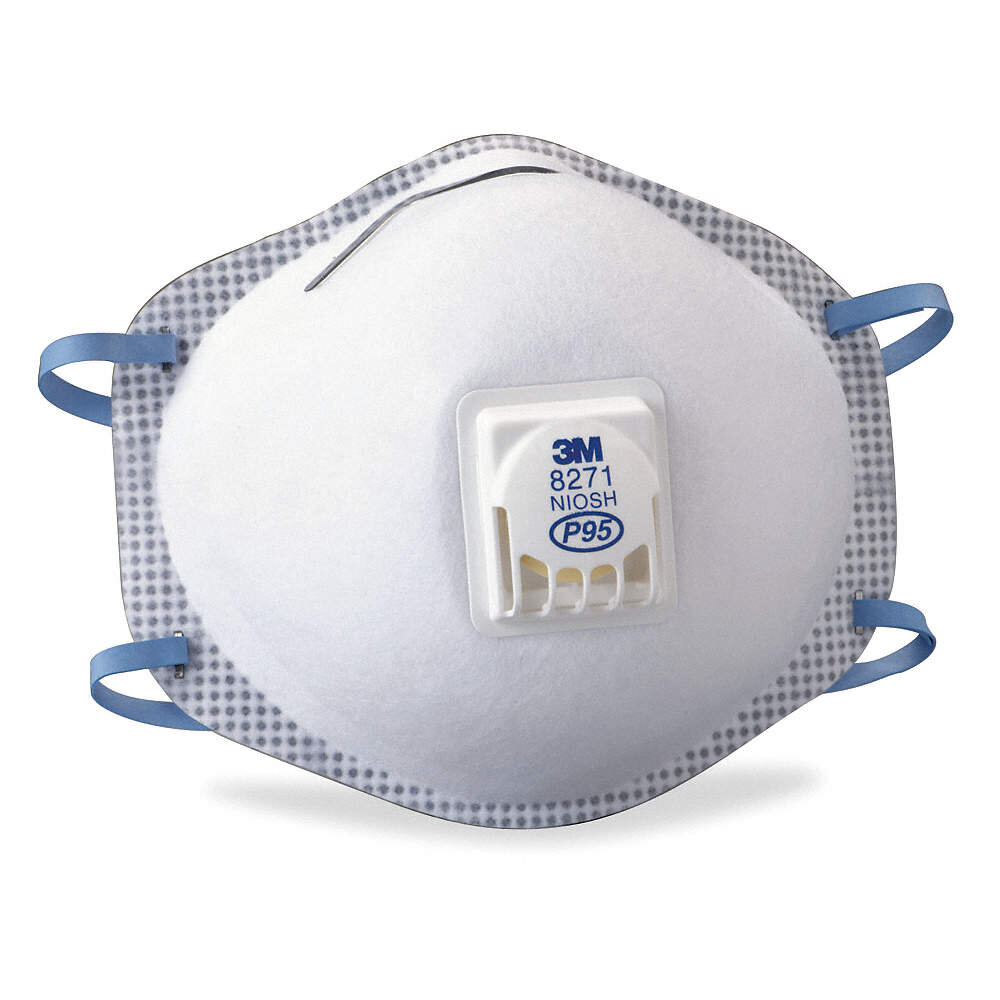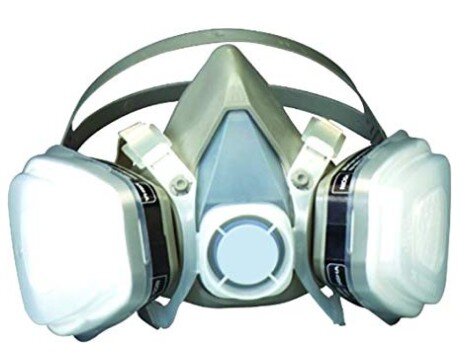That's right. When people cough, like the 3 yo little girl violently coughing in all directions behind me at the store on Thursday when I was buying P95 cartridge respirators (to protect myself and my mother from exactly that kind of risk, ironically), it aerosolizes, and those incredibly tiny virus-saturated droplets can hang in the air and transmit the virus for three hours.A study done by National Institute of Allergy and Infectious Diseases' Laboratory of Virology in the Division of Intramural Research in Hamilton, Montana helps to answer this question. The researchers used a nebulizer to blow coronaviruses into the air. They found that infectious viruses could remain in the air for up to three hours. The results of the study were published in the New England Journal of Medicine on March 17, 2020.
Coronavirus Resource Center - Harvard Health
So in the wind. Three hours of travel.
I swear I'm not being a Dick, It's only in the midst of this Coronavirus scare, I want anything I say about it to be as accurate as possible because we have a lot of people reading this who aren't even members, This is basically world wide information for a lot of people.
So I have to assume that everyone in that small shop got infected, and I'm counting down the days hoping that I make it two weeks without exhibiting symptoms.
Anyway - here's what you need to know about inhalation protection: you should all get some kind of respirator protection with either a N95 or P95 level of protection (or higher, like N100) if you're going to potentially be exposed to infected people. And since we all have to get groceries, and since we're going to be seeing a lot of infected people around us soon, most of us will need this type of protection. Respirators with this level of rating are recommended as excellent filtration for the coronavirus - medical personal are using this type of protection because it works.
Surgical masks and ordinary dust masks do not protect you from the inhalation risks - the aerosolized virus passes right through them. Such masks are only useful for keeping you from touching your nose and mouth, and to a limited extent they'll prevent you from coughing your viruses all over the people around you if you become infected. They serve no other function.
In order to be safe when the people around you are coughing nearby, you'll need one of these types of N95 or P95 (or higher rated) respirators:


Note the "N95" and "P95" ratings displayed right on the respirator. If you can't see that rating, then it's probably just a worthless dust mask that won't protect you. Unfortunately these appear to be widely sold out everywhere you look, and supplies are going to medical personnel so the public is unlikely to find them in stores anytime soon. The downside of these types of respirators though, is that they're disposable, one-time use. After a few hours of wear you have to throw them away, and then wash your hands because if the virus got caught in the filter, you may have gotten on your hands when you take off this type of mask.
So that's why I went to a local fiberglass supply company to pick up a couple of these babies - cartridge respirator masks with an N95 or P95 (or higher) rating. These tend to make a better seal around the face (if a mask isn't airtight around your face, it won't protect you), and the filters are covered, making it much less likely to get the virus on your hands when you take it off. They're also re-useable and last much longer:

With this type of respirator, the particle filtration is done by a white pad that's placed under the plastic holder, and the cartridge underneath just filters out any toxic vapors (which are irrelevant to virus protection). They're a little bit harder to breathe through because of the charcoal cartridge filters - especially the most highly rated N100 and P100 filters, but unless you have a lung condition it's no big deal.
Incredibly, most people haven't gotten hip to this type of respirator yet, so you may be able to find them in your local hardware stores or at a local fiberglass supplier or paint store. They're usually between $30-$50, but if you only use them as needed these filters can last for many weeks.
And finally - if you're going to be at risk of people coughing nearby, you'll also want to protect your eyes. The tear ducts are connected to the nasal cavity which is part of the respiratory system, so eye protection is important, especially if some idiot coughs in your face. Any type of goggles is better than nothing, but for maximum protection I suggest wearing swimming goggles - they make an airtight seal around your eyes and they have no holes to let air in, so they're the best way to go (without stepping up to a fully encased head respirator with an independent air filtration system, like you see with hazmat suits).
